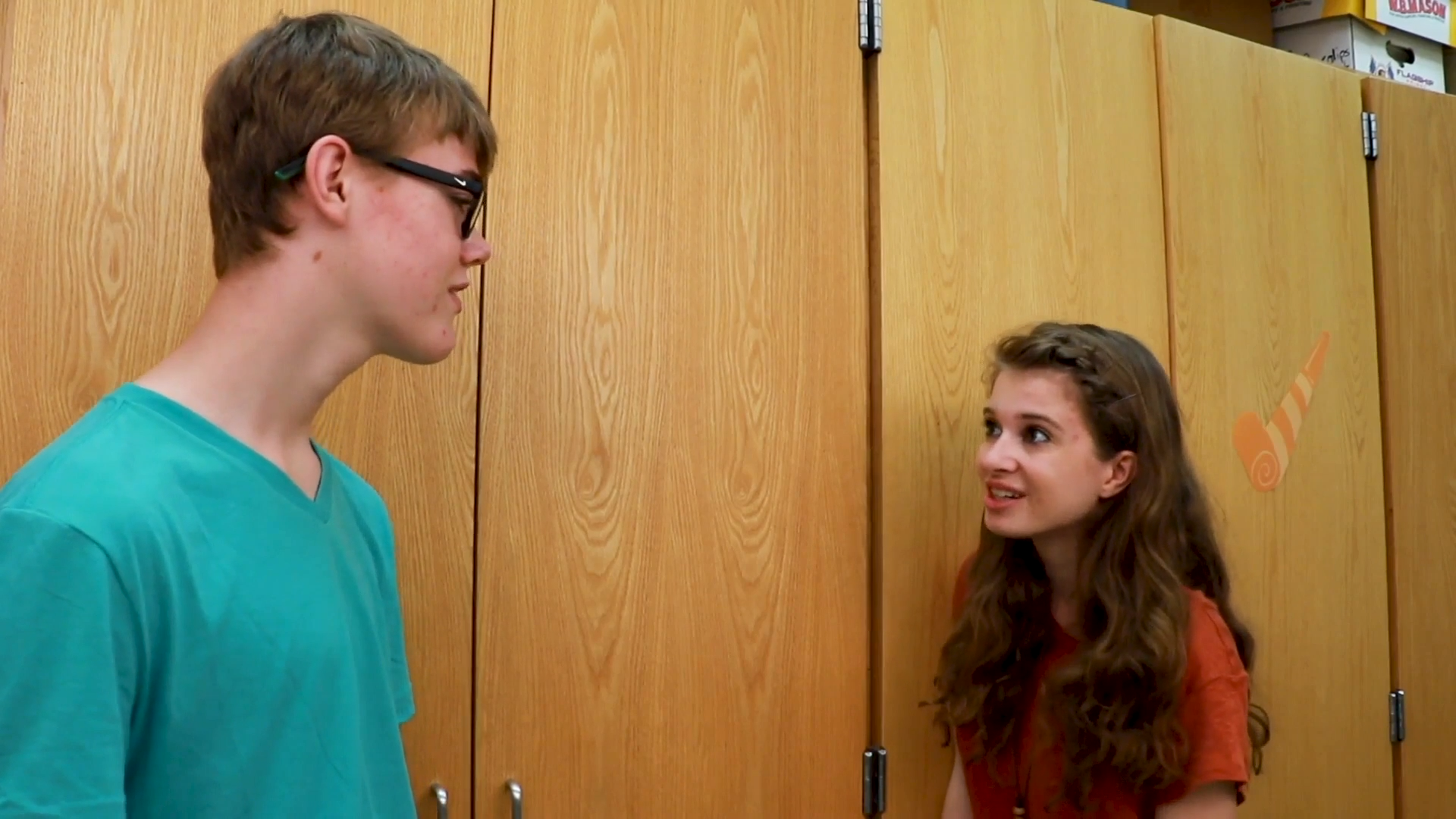Introduction
Starting a conversation can be challenging for some students, especially when they are unsure of how to approach someone or what topics to discuss. In this blog post, we will explore the essential steps to starting a successful conversation and provide practical strategies for educators to teach these skills, incorporating principles of Social-Emotional Learning.
No-Prep Activity
This no-prep activity, called “Conversation Starters,” can be easily implemented in the classroom without requiring any materials or preparation from the educator. Here’s how it works:
- Ask students to form pairs or small groups.
- Have each student think of a conversation topic they believe their partner or group members will find interesting.
- Each student takes turns greeting their partner or group members, starting a conversation using their chosen topic, and observing their partner’s or group members’ reactions.
- Encourage students to practice ending the conversation if their partner or group members seem disinterested, and continuing the conversation if they appear engaged.
- After each student has had a turn, have the pairs or groups discuss their experiences and share feedback with one another.
This activity allows students to practice the key steps to starting a conversation, while also developing their ability to read social cues and adapt their communication style accordingly.
Discussion Questions
Use these discussion questions to stimulate further conversations and reflections on starting conversations:
- Why is it essential to think about the other person’s interests when starting a conversation? How can this impact the conversation’s success?
- What are some examples of small talk topics that can be used when you can’t think of a specific topic the other person might be interested in?
- How can we improve our ability to read social cues and determine if someone is interested in continuing a conversation?
- What strategies can we use to end a conversation gracefully if the other person seems disinterested or busy?
Related Skills
Teaching students how to start conversations effectively is just one aspect of developing their social communication skills. Other relevant skills for students to learn include:
- Active listening: Focusing on the speaker, asking relevant questions, and providing appropriate feedback during conversations.
- Empathy: Understanding and sharing the feelings of others, which can help build stronger connections during conversations.
- Nonverbal communication: Interpreting and using body language, facial expressions, and gestures to convey and understand messages in conversations.
- Conflict resolution: Navigating disagreements and finding solutions during conversations to maintain healthy relationships.
Next Steps
Now that you have a better understanding of how to teach students to start conversations effectively, it’s time to put these strategies into practice. To help you get started, we invite you to sign up for free samples of our conversation-starting skill materials, as well as resources for other related skills, by visiting Everyday Speech’s sample materials page.






